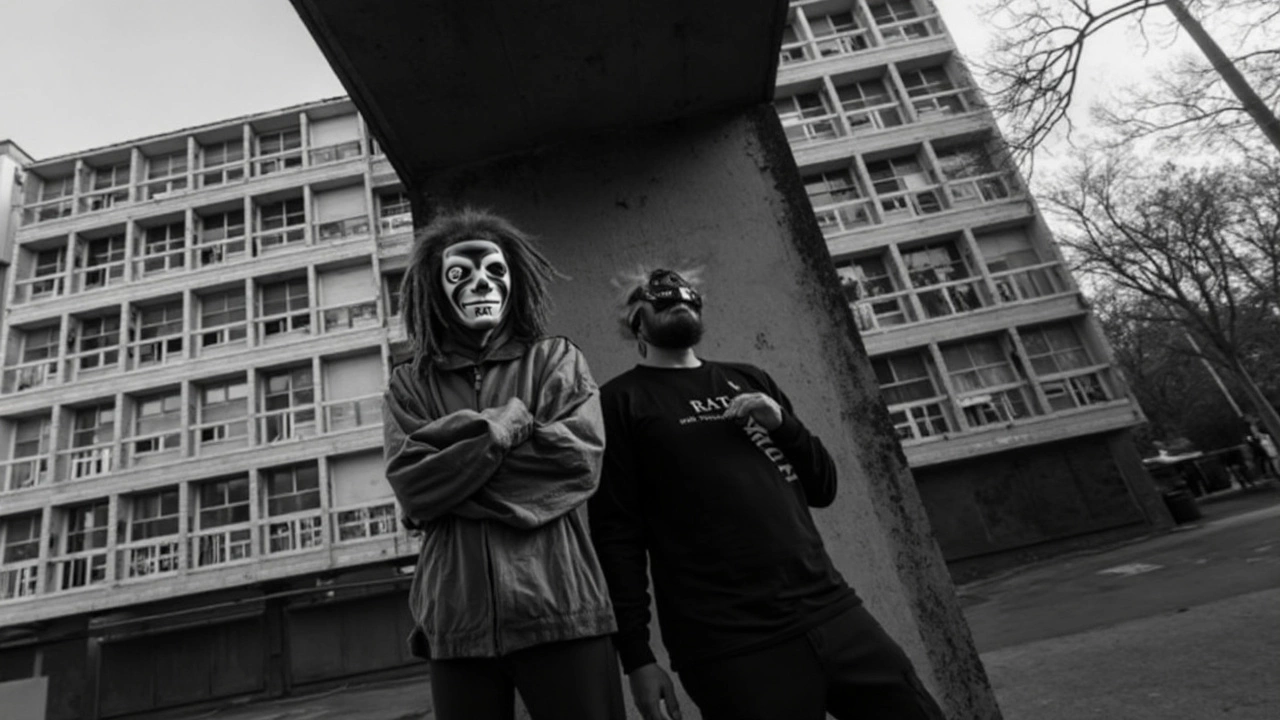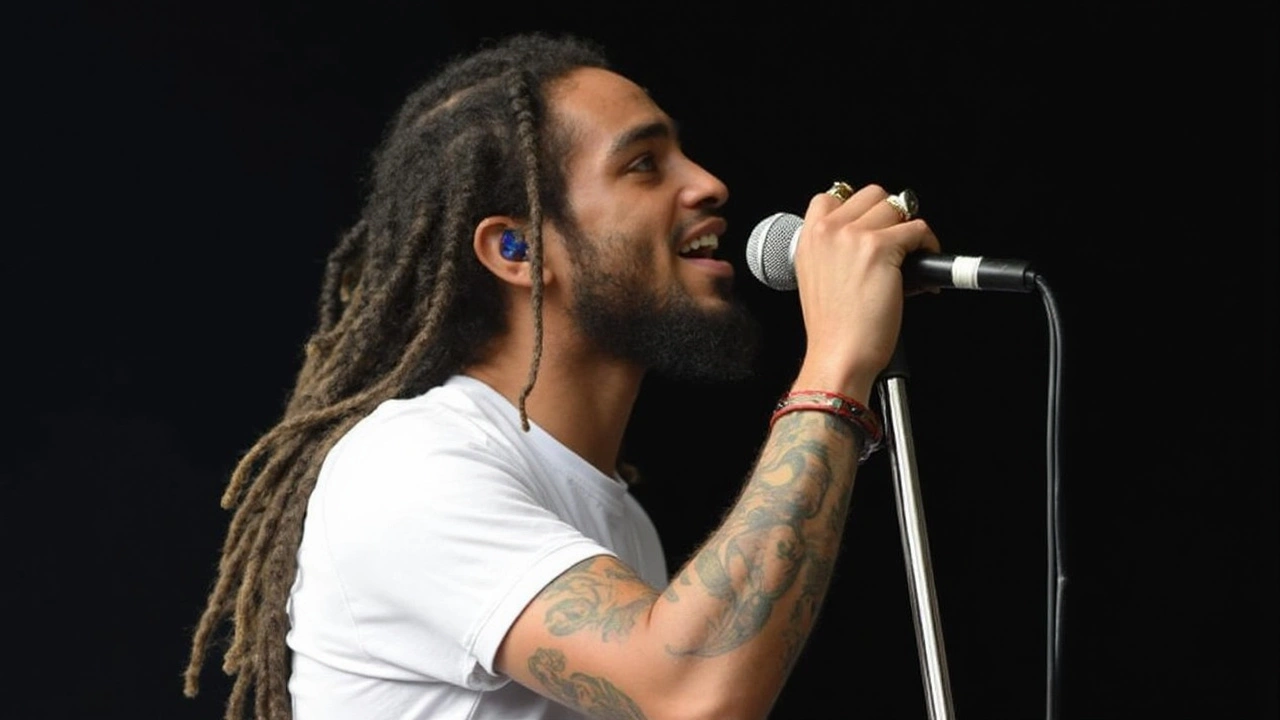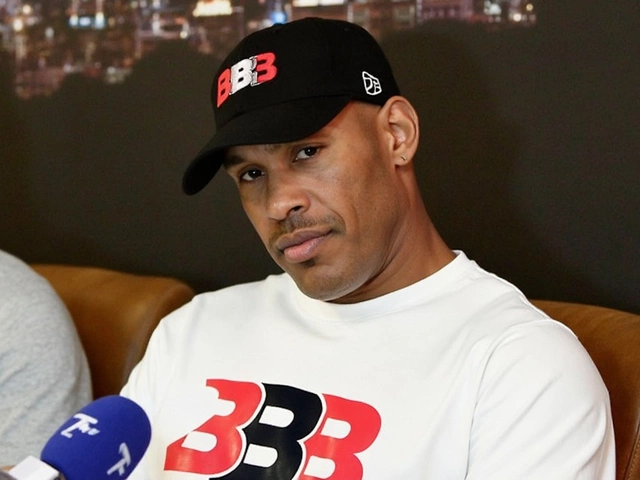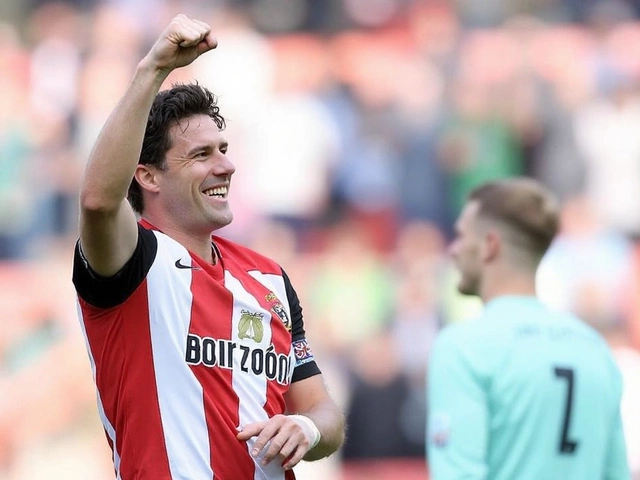Anti-IDF Chants Spark Outcry at Glastonbury Festival
The political storm swirling around the BBC right now started on a muddy field at Glastonbury, of all places. On June 28, 2025, during his set on the West Holts Stage, rapper Bobby Vylan rallied the crowd with chants of “Death, death to the IDF” and “Free, free Palestine”—right as BBC cameras broadcast the moment live across the country. This wasn’t just another controversial festival moment; this one set off alarms all the way up to government ministers and diplomats.
Within hours, the Israeli embassy in London called the chants “inflammatory and hateful” and urged police to investigate possible criminal offenses. The pressure kept building, with the UK’s Culture Secretary Lisa Nandy personally contacting the BBC Director General for urgent answers. She wanted to know how this could have aired live, especially given the BBC’s strict editorial rules against hate speech.
The BBC, meanwhile, found itself in damage control mode. Officials quickly labeled Bobby Vylan’s chants as “deeply offensive” and wiped the performance from its streaming platform, iPlayer. But critics weren’t satisfied. Why, they asked, wasn’t the live feed cut the moment those words echoed from the stage? The BBC’s own rules say hate speech should never be broadcast—unless it’s vital to the story and carefully examined. Here, the chants were just part of the show.
Glastonbury’s organizers, known for promoting freedom of expression but also for maintaining tight security and community standards, have so far said nothing about the incident. It’s now up to Avon and Somerset Police, who confirmed they’re reviewing the footage to see if any criminal charges could follow.

BBC Editorial Scrutiny Grows as Political Tensions Rise
What really has government officials fired up is the question of BBC oversight. When artists perform live, especially during major events, TV networks usually take extra care to avoid anything that could cross the line—using delays, warnings, or even muting audio. So, was this incident a failure of planning, or something deeper?
The controversy deepened when Irish rap group Kneecap performed on the same stage later that day. One of their members sported a T-shirt referencing Palestine Action, a group slated to be banned under UK anti-terrorism laws in the coming weeks. Kneecap’s reputation for anti-establishment lyrics stirred additional tension, especially after past criticism for allegedly promoting violence in their 2023 music videos.
This wasn’t just about free speech—there were real questions about the platform given to possible incitement and the limits of artistic protest. The festival’s lineup has always mixed political statements and headline acts, but some wondered if organizers were prepared for just how politically explosive some messages could become in 2025’s climate.
The situation took another turn when Labour’s Wes Streeting took to social media to accuse the Israeli embassy of ignoring violence by Israeli settlers against Palestinians in the West Bank, arguing that conversation should be wider and more balanced. That pushed the diplomatic crisis straight into the world of party politics, with divisions on how authorities should respond to such incidents on air and on stage.
Now, the BBC is facing an uncomfortable reckoning. Its guidelines clearly say airing hate speech is unacceptable unless it’s “editorially justified”—yet many believe this incident crossed a line in a way that was neither necessary nor responsibly handled. The broadcaster’s next moves will be closely watched, with police, politicians, festival fans, and free speech advocates all looking for answers as to how Glastonbury’s festival field sparked a nationwide debate about the limits of protest, editorial control, and where music and politics collide.





